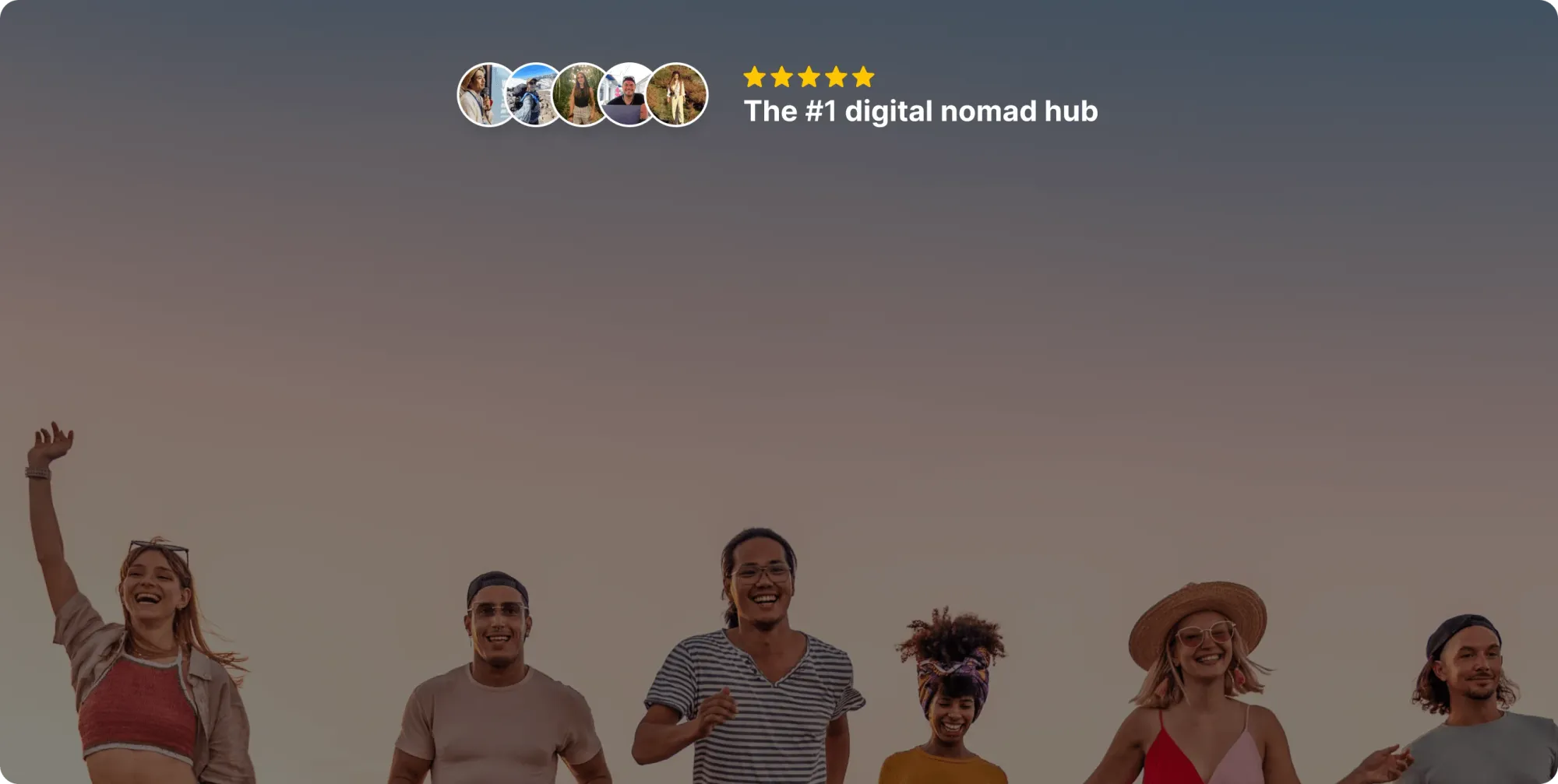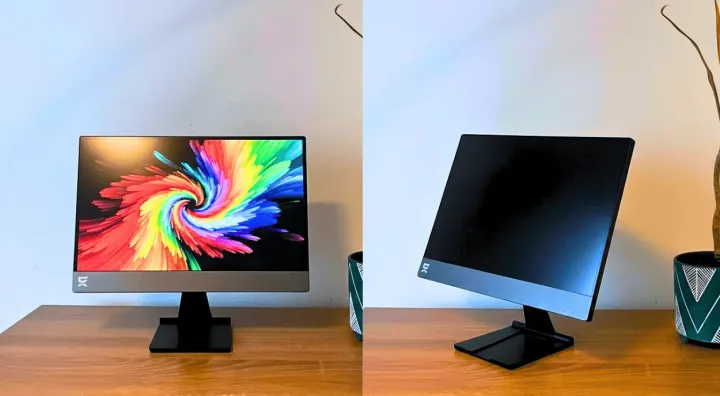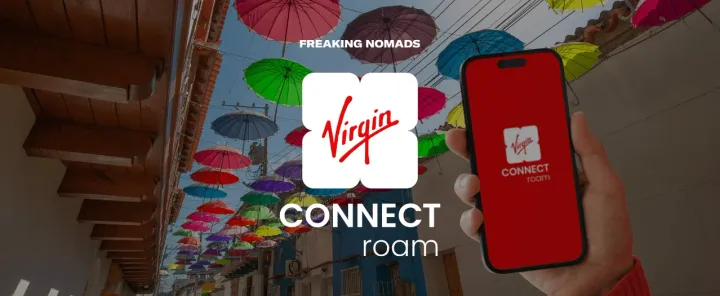How to Land a Remote Job With No Experience

We are definitely conscious that working remotely can seem like a daunting task for many, especially if they have no prior experience.
However, with the right preparation and strategy, we believe that it is possible to make the leap to remote work even without actual experience. How?
Let's find out in this step-by-step guide.
Step 1: Identify Your Transferable Skills for Remote Work
The first step to start working remotely is to identify the skills you possess that can be applied to a remote job.
These can include technical skills, such as knowledge of specific software or platforms, or gaining new soft skills such as time management, planning, and communication.
Step 2: Choose Your Ideal Sector and Role for Remote Work
Once you have identified your skills, you might want to identify which sector or role could be most suitable for you.
This will help you focus your job search and develop the specific skills required for that role.
Check out below our list of the best jobs to do as a digital nomad (and therefore work remotely) if you need any inspiration. There you will find the skills required, salary and so much more.
Step 3: Get The Required Training and Certifications
Some roles or sectors may obviously require specific training or certifications.
There are many online resources such as courses or webinars that can help you obtain the necessary qualifications and skills.
Platforms like Coursera or Skillshare are also a great starting point to learn useful skills for remote work in your selected field.
Step 4: Create an Optimized CV and LinkedIn Profile
Your CV and LinkedIn profile should reflect your skills and experience related to remote work.
Make sure to highlight any remote work experience, even if it wasn't in a professional context, and include the transferable skills you've identified.
Step 5: Find Remote Job Roles
There are a ton of websites and platforms dedicated to listing remote job opportunities. Here are some of the most popular ones:
- LinkedIn: This is the most famous professional networking site which also serves as a job board. When searching for jobs, ensure you've applied the 'Remote' filter to see only remote job listings.
- Indeed: This global job site allows you to search for remote roles by entering "remote" either in the 'Where' box or in the 'What' box.
- FlexJobs: Known for its extensive career resources, FlexJobs also has a dedicated section for remote job listings.
- We Work Remotely: This platform is a job board specifically for full-time remote work opportunities so you will find plenty of them.
- Remote.co: Also exclusively dedicated to remote work opportunities, Remote.co is a platform where companies post their remote job vacancies so you should keep an eye on it.
- Remote Nomad Jobs: That's a new entry in the remote job world. Made by the creators of Freaking Nomads, it's a job board for digital nomads dedicated exclusively to 100% remote and work-from-anywhere jobs.
Step 6: Personalize Your Job Application To Stand Out
Once you have decided which remote jobs to apply for, make sure to personalize your cover letter and CV for the specific role.
Highlight your skills and experience related to working in a remote environment and demonstrate your ability to work independently and productively, as these will be crucial to show employers that you can confidently work remotely.
Step 7: Prepare for a Remote Job Interview
An interview for a remote job might be slightly different from a traditional interview. It might be conducted via video conference and might include specific questions about your approach to remote work.
Make sure you are prepared to discuss your skills and experience with remote teams in addition to those required in the job posting.
BONUS: Additional Tips for Remote Work Success
Now that you've landed your remote job, congratulations! You've made it! We're super happy for you.
To ensure you're not missing anything, here are some additional practical tips to help you work remotely effectively:
- Schedule breaks. Remote work can make it difficult to disconnect from work. Remember to schedule regular breaks to relax and recharge.
- Manage your time. Use time management tools to organize your day and ensure you dedicate time to both work and personal activities.
- Communicate effectively. Communication is key in remote work. Make sure you maintain regular and clear communication with your colleagues and superiors.
- Create a dedicated workspace. Having an area dedicated to work can help you focus and separate work from personal life.
- Use technology to your advantage. There are many apps and tools that can make remote work more efficient. Experiment to find the ones that work best for you. Remember, the transition to remote work may require a period of adjustment. Be patient with yourself and don't hesitate to ask for help or advice if you feel the need.
Ready to Find Your Dream Remote Job?

Join our global
digital nomad community
Join us for free
Freaking Nomads is supported by you. Clicking through our links may earn us a small affiliate commission, and that's what allows us to keep producing free, helpful content. Learn more





 Travel tips, hacks, and news
Travel tips, hacks, and news Exclusive travel discounts
Exclusive travel discounts Offers and promotions
Offers and promotions Digital nomad inspiration
Digital nomad inspiration Latest articles form our blog
Latest articles form our blog